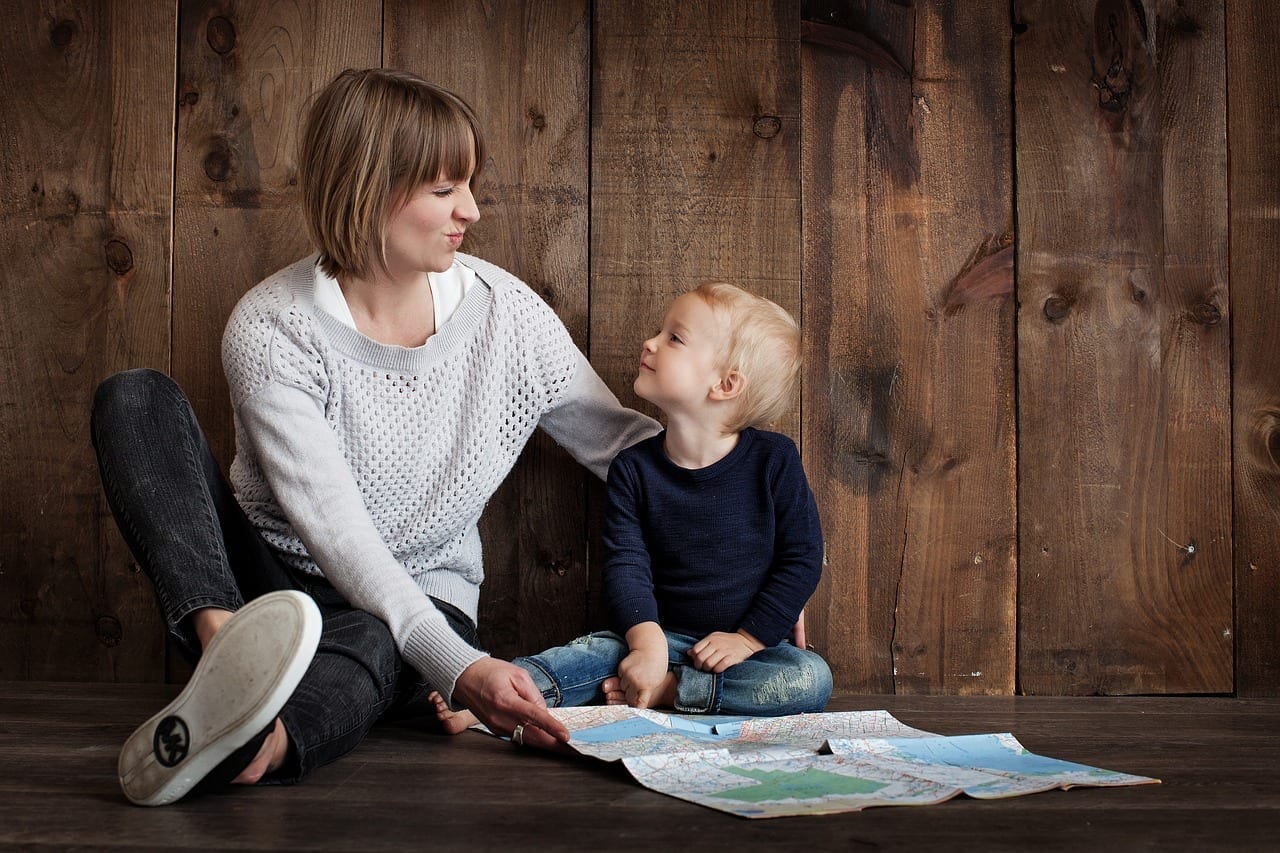Tags: Parenting advice. Councilling.
“Behind every young child who believes in them self, is a parent who believed first” Matthew Jacobson.
Most parents dream of having their child grow up into a responsible person, whiles they are trying to focus on balancing priorities, juggling responsibilities and quickly flipping between the needs of your children, other family members and yourself. It is challenging, any person who says otherwise is not a parent. The modern-day parent has many influences on how to parent. However, the outcome should always be the same; “Promoting and supporting the physical, emotional, social, and intellectual development of a child from infancy to adulthood”.
The basics for good parenting should include:
• Raising happy, confident kids.
• Manage misbehaviour so everyone in the family enjoys life more.
• Set rules and routines that everyone respects and follows.
• Encourage behaviour you like.
• Take care of yourself as a parent.
• Feel confident you’re doing the right thing.
Parenting Styles
There are parenting styles around, some based on high-level philosophies of life and love, science-based styles and some that have unhealthy, even damaging consequences for children.
• Tiger parents, who are pushing their children to succeed according to their parents’ terms.
• Helicopter parents, who take over every aspect of the child’s life.
• Snowplough parents, who remove obstacles to make life easier for their child.
• Free-range parents, who allow children a great deal of freedom.
• Attachment or gentle parents, who are relaxed but set limits in line with the child’s needs and character.
There are generally understood to be four parenting typologies that come from studies in 1960’s, by Psychologist Diana Baumrind.
They are:
• Permissive
• Authoritarian
• Authoritative
• Hands-off (was added in later so there could be a complete picture
• of control and responsiveness, Child development experts found that the authoritative parenting style is the most successful in raising children who are both academically strong and emotionally stable.
Authoritative parenting is characterized by high behaviour control (demandingness) and high parental responsiveness (warmth).
Typical traits of authoritative parenting are:
• A child discipline strategy that includes demands for children such as assigning house chores!
• Children are basically expected to as they are told. Thus, they are raised in a spirit of disciplined conformity, general obedience and sticking to the rules!
• Authoritative parents have a relatively flexible mind where they make use of what may be termed rational control: There are rules, but they must make logical sense!
• Relative freedom of choice. This parenting style encourages independent thinking and give and take discussions. However, the parents will typically always have the last say!
• Being warm, responsive and striving towards meeting the children’s physical as well as emotional needs
Typical traits of authoritarian parenting are:
• A value and belief system characterized by predictability and conservatism
• Adhering to a strict family hierarchy of authority and submissiveness
• The consistent upholding of rules and no parent-child discussions
• The parents encourage suppression of emotions while at the same time being aggressive and having a short fuse.
• A mental mindset that is characterized by rigidity and black and white worldview.
• Harshness and insensitivity in social relations.
• Rules, order, punishment and strict discipline.
Typical traits of permissive parenting are:
• An advocate of free development and encouragement of independent thinking!
• Practicing a flat family hierarchy structure and relative role equality between parents and child.
• Meeting needs and being warm, responsive and caring.
• Do not favour overt control techniques and punishments but are subtler. and uses manipulative control measures such as bribery and praise.
• Tends to be evasive of conflicts, harmony orientated and encourages give and take discussions.
• Non-restrictive child discipline strategy. The uninvolved parenting style is thus characterized by:
• Low behaviour control (demandingness)
• Low parental responsiveness (warmth). Typical traits of uninvolved parenting are:
• Meeting physical needs
• Neglecting emotional needs.
• Being mentally distant and disengaged in their children and in their lives. (www.positive-parenting) Some Helpful Tips
• Parenting is arduous work, children do not come with instructions and we should never compare our ability as a parent with anyone.
Parenting is not a competition and there are no one size fits, because we are all unique, every parent and every child. First off RELAX, stress is not helpful, and life is short.
The “3 Fs” of Effective Parenting
• Discipline should be:
• Firm: Consequences should be clearly stated and then adhered to when the inappropriate behaviour occurs.
• Fair: The punishment should fit the crime. Also, in the case of recurring behaviour, consequences should be stated in advance, so the child knows what to expect.
• Friendly: A friendly but firm communication style for letting a child know they have behaved inappropriately. Let them know they will
• Receive the “agreed upon” consequence. Encourage them to remember what they should do instead to avoid negative consequences. (www.parentingthemodernfamily.com/abcs)
Some tips can include:
• Be patient and consistent, which means you will need to express and enforce the same rules repeatedly.
• “Time outs” work very effectively with some children, but not all.
• Parents should watch for those moments when they (the parents) may need them as well. Seriously, take a breather when you are feeling as out of control as your child is acting.
• Distraction is a good technique; you don’t have to win a moral victory every time a small child misbehaves if you can redirect the behaviour and avoid the battle.
• The overall disciplinary message to young children is the message that you don’t like the behaviour, but you do love the child.
• Encourage them to work against anger by setting a good example and by reinforcing them when they display appropriate irritation rather than anger.
• Encourage your children to ask for what they want assertively, pointing out that there is no guarantee that they will get it.
• Let children know they create and are responsible for any feeling they experience. Likewise, they are not responsible for others’ feelings. Avoid blaming children for how you feel.
• Let children settle their own disputes between siblings and friends alike.
• Help your children develop “tease tolerance” by pointing out that some teasing can’t hurt. Help children learn to cope with teasing by ignoring it while using positive self-talk such as “names can never hurt me,” “teases have no power over me,” and “if I can resist this tease, then I’m building emotional muscle.”
• Help children learn to focus on their strengths by pointing out to them all the things they can do.
• Encourage your children to behave toward themselves the way they’d like their friends to behave toward them.
• Help your children think in terms of alternative options and possibilities rather than depending upon one option for satisfaction.
• Laugh with your children and encourage them to laugh at themselves. A good sense of humour and the ability to make light of life are important ingredients for increasing our resilience.
• Be clear about our own values. Children watch us closely, so if you want your children to be able to stand up for their values, you must do the same.
• Allow children to make mistakes, emphasise that it is okay to make mistakes, that we all do and that making mistakes is part of being human. Making mistakes and it’s how we learn and grow as individuals.
• A part of being a parent is minimizing risk for our children, but we must not wrap them in bubble wrap.
• Work at “catching them being good” and praise them for appropriate behaviour.
• Encourage and allow your child to play by themselves, this teaches then to enjoy their own company.
• Do not EVER judge your child, do not talk negatively about a child, to another person in front of the child. This damages self-esteem.
• Children need and want our attention and time, not material things, What parents should do; • Be patience…
• Listen with our whole body …
• Work hard at understanding. …
• Be consistency. …
• Teach and show empathy. …
• Always express love.
I believe a parent’s job is to raise their child/children to become a good, well-functioning member of society. So, take the time to enjoy your children, play with them. Love and laughter create memories that last a lifetime. Wishing you all good mental wellbeing – Veronica “Our children are only even lent to us.
We never know just how long we will be able to keep them for…So kiss, cuddle them, praise them and hold them tightly…But most of all tell them you love them everyday” – Carly Marie
Other Articles
https://thebribieislander.com.au/parenting-successful-parent/



